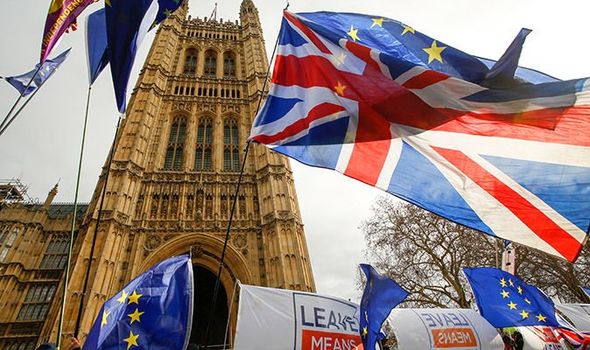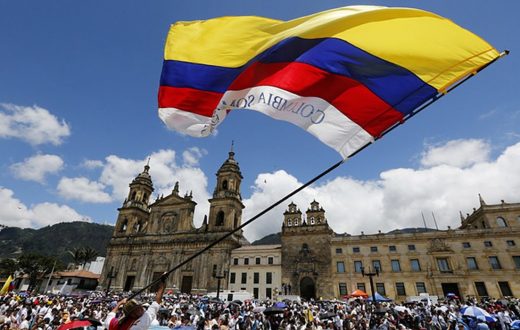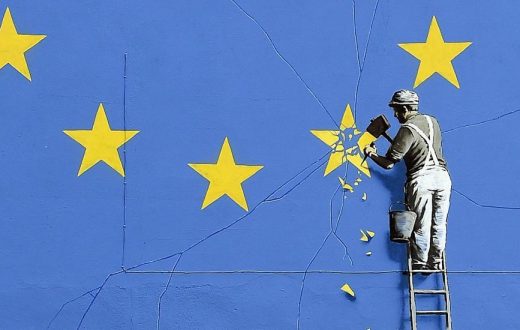Two days out from the British general election and it seems as though the Conservatives will have their victory. Current polls out Boris Johnson six points ahead of Jeremy Corbyn’s Labour Party. And yet, as the past few years have shown with the Brexit referendum and Trump’s win in the Presidential election, pollsters have repeatedly missed the mark. Thus, a Conservative majority, while seeming most likely at this stage, is far from guaranteed.
The major parties in this election (Conservative, Labour and Liberal Democrats) have vastly differing manifestos and proposals for Brexit, and the general consensus is that all the parties have become more radical in their aims since the 2017 general election, with the Labour and Conservative Parties diverging from their typically centrist policies.
Corbyn’s policies are widely cited as a throwback to the failed economic policies of the 20th century, with a promises to “rewrite the rules of economy”. Amongst these revolutionary proposals are the nationalisation of rail, water, electricity and mail, enforced transfers of 10% of shares in every big company to workers, and significantly higher taxes for the rich. There is understandable fear emanating from business and land owners, whilst supporters champion its fairness and promises of redistribution of after almost a decade of Conservative government. However, domestic economic policies aside, the prospect of Corbyn as Prime Minister, as an individual critical of NATO’s support of Ukraine in the face of Russian aggression, who disavows free trade and continues to praise Chavez Maduro’s regime in Venezuela, is one met with considerable apprehension from the other western democracies.
Unfortunately, the alternative prospect of Boris Johnson’s Conservative party forming government is only marginally more hopeful. While the Conservative manifesto is decidedly ‘beige’ in character and certainly does not promise the economic overthrow of Labour’s manifesto, the hard Brexit that will likely ensue under Johnson does not promise a favourable economic future for Britain either. Under Johnson, the Conservatives have shifted from a party of liberal economics and ideas, to a culturally Conservative party that hopes to scoop up the remnants of UKIP’s voting base and the traditionally Labour held seats in the North of England, where the peddling of pro-Brexit rhetoric resonates. Even more troubling is Johnson’s mantra to “Get Brexit done” and formally leave the EU by the end of the transition period in December 2020, which leaves scarcely a year to negotiate Britain’s future trade relationship with the EU, if Britain does indeed withdraw from the EU by the January 31st 2020 deadline. Should Johnson refuse to extend the transition period to allow more time to negotiate, a no-deal Brexit may rear its ugly head again in a year’s time. Moreover, with dissidents purged, the Conservative party is increasingly dominated and at the mercy of the pro-Brexit European Research Group. If the Conservatives were to gain just a small majority, Johnson may be beholden to this hard Brexit faction just as there is a need from temperate and moderate sentiments with regard to the future UK-EU relationship.
The Liberal Democrats led by Jo Swinson, aside from a fairly radical promise to overturn the democratic Brexit result and ‘stop Brexit’, hold the centre of British politics. The Liberal Democrat manifesto, which along with a pledge to stop Brexit, include taxes on frequent flyers, moderate spending on education, the NHS and social care from higher corporation taxes and a one penny increase on income tax, represents the most moderate and perhaps most realistic policies of all the parties in the election. While the Liberal Democrats will not secure anything near the majority required to form government, let alone stop Brexit (which in this writer’s opinion would be problematic in a myriad of ways), the party may yet provide a critical function to British politics. Should there be a hung parliament, the formation of a coalition, or a less formal ‘confidence and supply’ arrangement, that includes the Liberal Democrats may be able to temper whichever leader comes to power, whether it be the far left policies of Labour, or the far right of the Conservatives. With a government that is at least partially beholden to centrist, moderate views, the radicalism of Corbyn and Johnson may be somewhat curbed.
In an election that promises almost no good outcomes, perhaps the most hopeful prospect would be a scenario that includes a pact, formal or informal, with the Liberal Democrats. If this were to occur in an alliance with the Conservatives, the Liberal Democrats as the sole pro-Remain party would not be able to stop Brexit wholly, but they may be able to temper the hard Brexit fantasies of the ERG in the Conservative party and bolster the cause for a close UK-EU partnership on the basis of a deep and encompassing trade deal. Such an outcome represents the best (albeit out of a bad bunch) of Brexit scenarios, and may just pave the way for a return to the centrist, mainstream politics that have been on a hiatus in Britain for the past few years.







